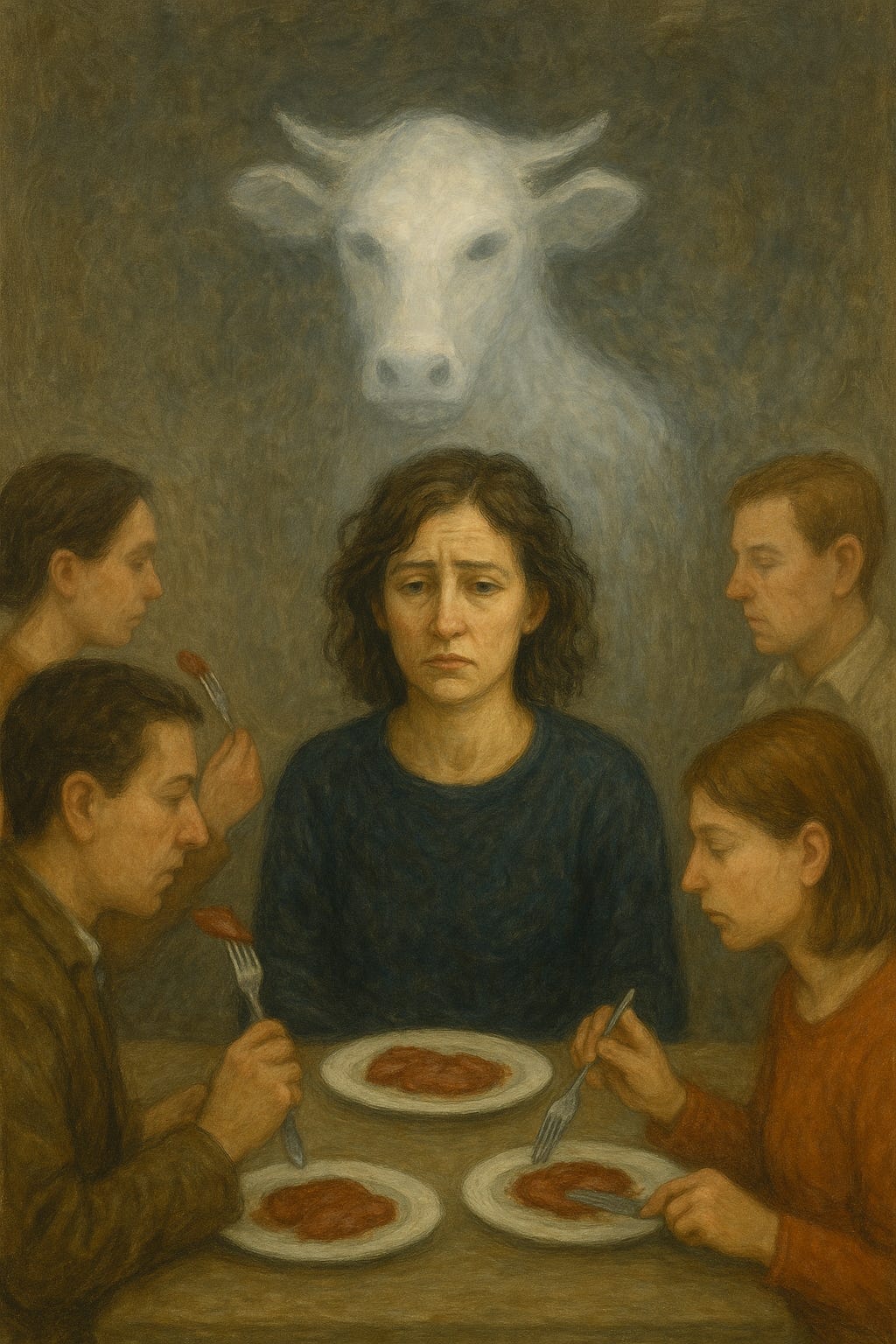I am looking to interview individuals who have exited their PhDs (at any given time) and are continuing to work towards an impactful career.
If you are someone who has quit their PhDs and would like to help others who may be considering a similar career path, please register your interest in being interviewed here.
Background
I have recently started a one-year break from PhD (August 1st) and have received EAIF funding to help me transition towards an impactful career. My PhD was focused on improving biosafety and biosecurity regulation in the global south, and I have decided to take a year off to consider several factors related to the decision of leaving it. While doing my PhD, I also was a coach at Effective Thesis helping people with thesis topics and career choices. I hope to leverage these two experiences together in writing up advice for those thinking about exiting PhDs.
In the process of quitting my PhD, I discovered that there are very few resources that actually help one think through this decision and that helps you continue working towards an impactful career path. When writing this post last year as a joke with several others, I received many messages asking me to write up advice on how to dropout effectively.
As such, I will later post advice on “How to quit your PhD effectively”. Rather than using my own experience as the only source of advice, I want to interview several (approximately 10) people who have left their PhDs and either switched to more impactful career paths or remained on an impactful career trajectory.
My goal is to better understand the challenges that people face when making the decision to leave a PhD program, as well as the strategies and resources that can help individuals successfully transition into new careers.
What will the interviews look like?
I intend to have an online video call with all those who are interested for approximately 1.5 hours. These will be semi-structured interviews. Essentially, I will focus on three key phases of exiting your PhD. First, the decision-making process and how you ended up at that decision. Second, the technical processes of leaving your PhD and how you navigated that experience (e.g. dealing with supervisors, institutions or visa problems). Finally, I will ask you about your transition and what resources and strategies were useful in ensuring a really smooth transition towards your current career path (e.g. rest first, apply for jobs later or focus largely on your resume building or connections).
I will also be attending EAGxAustralia and EAGxPhilippines in case anyone wants to meet in person at those conferences.
Timeline
I hope to conduct all my interviews by mid-November and will leave this form open till mid-September (approximately 15th September 2023). Please feel free to share it with anyone who you know will be interested in sharing their experience.
Please feel free to email me at vorathep112@gmail.com or comment below with any questions. Again, please register your interest here.
This is my first post on the forum, so apologies if there are any errors! Please feel free to point them out and I will edit them!




Registered. I'll also be at EAGxAustralia and would love to chat about this with you :)